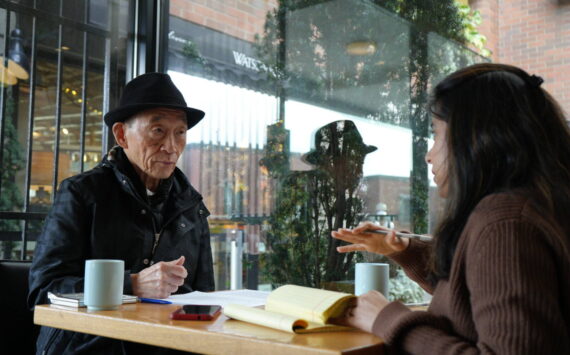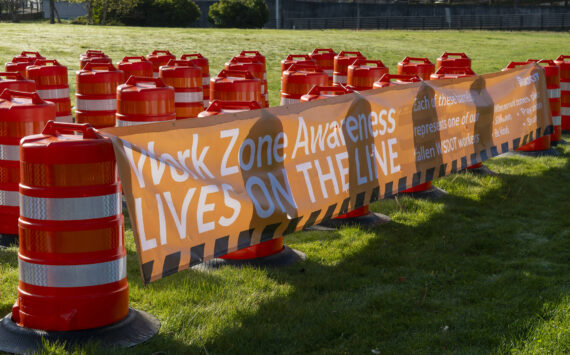“We have about 43 people signed up for public comment,” begins councilmember M. Lorena González, “and I think the list is still growing.” Now, reading expressions can be tricky, but the look on her face as she says this is not one of joy.
It’s Wednesday morning in council chambers at City Hall. González has just launched today’s council’s Gender Equity, Safe Communities and New Americans (GESCNA) committee meeting. One item on their agenda is a briefing from Ben Noble, Mayor Ed Murray’s budget director, on the proposed $160 million new police station in North Seattle. (The audience doesn’t know it yet, but city bean counters have shaved that down to $149 million at González’s request.)
The house is packed. People are standing against the walls. Half the audience or more is wearing black t-shirts saying “BLOCK THE BUNKER” or carry red signs (made by councilmember Kshama Sawant’s office) saying “BLACK LIVES MATTER.” For many the people in this audience, who go on to overwhelmingly speak against the new “bunker,” the proposed $160 million north Seattle police precinct is not just another city building. It’s a symbol of the broader crisis of police and race that has gripped America since the first night of the Ferguson protests almost two years ago, as well as a budgetary decision that puts police ahead of underfunded social services or publicly subsidized housing.
To save time, González cuts each commenter’s time by half. Public comment still lasts an hour, at times getting heated. “The money from the bunker could be used to recruit police officers from the communities they actually serve,” says Kirsten Harris-Talley, an organizer with #BlocktheBunker and #DeMilitarizeSEA and one of dozen who came to speak against the expensive project. “Seattle is not at war with its citizens. Quite simply, this bunker sends the wrong message.” Before the meeting is over, “BLACK LIVES MATTER” chants will have drowned out councilmembers more than once, and González will repeatedly threaten to clear the room.
"To even imagine that the police are here to keep us safe is white supremacy in action" #BlockTheBunker pic.twitter.com/AvsxHJe9kM
— Emily Pothast (@emilypothast) August 10, 2016
There are a few dissenting commenters in favor of the precinct. Kelly McKinney, a frequent council commenter from Bitter Lake, says, “I went to all three of the open houses that the police department had for planning this precinct. A large part of what’s planned in this precinct is community spaces.” Rudy Pantoja, Jr. praises the existing north precinct “for getting my heroin addicted daughter off the street and availing her an opportunity to get well.”
“Is she white?” someone in the audience calls out. Pantoja, Jr., who is Latino, replies that she’s Latina and Chicana. “We’re proud of our heritage,” he says.
The sparks continue into the meeting’s discussion of the north precinct. Councilmembers Tim Burgess, Debora Juarez say they support the project, while Lisa Herbold and Rob Johnson raise questions about the project’s cost. Burgess says that the council has already voted to approve the project, for which planning began over a decade ago, 11 times, ten of them unanimous. González says she supports the project with the new $11 million reduction in cost, pointing out that another $20 million is contingency funding which could go unused, but calls for a racial equity toolkit analysis “of the operations and the use of the police department in the future.” Also: “All of the funds that come from the sale of the existing north precinct will be used to build affordable housing in our city,” says González.
On Monday, González will introduce a resolution in favor of proceeding with the north precinct project and try to get it approved in a vote in full council at 2 p.m., according to her office. While important, the resolution (like all resolutions) doesn’t have any formal power. It’s essentially a fancy way for the council to signal their continued approval for the project.
The biggest decision point on the north precinct project will be this fall’s budget negotiations, which will culminate in November. That’s where council will decide whether, how, and how much to fund its various projects, including the north precinct.
cjaywork@seattleweekly.com








